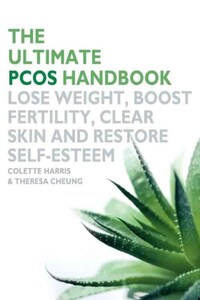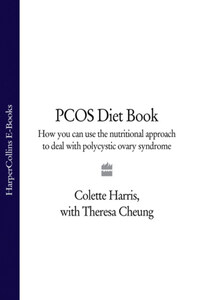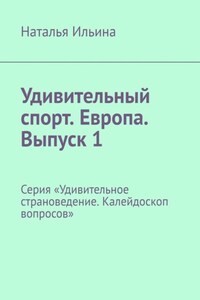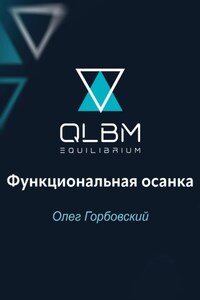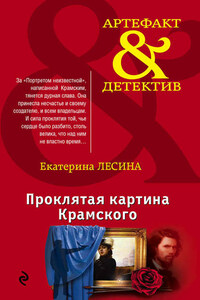Writing this book in 2006, we’re delighted to see that the void in patient information about PCOS that existed 10 years ago is slowly being filled, and the condition is more readily recognized and diagnosed by doctors. When Colette’s first book The Woman’s Guide to PCOS was published in 2000, it was the first guide for women coping with the condition, and it was a struggle to get interest from newspapers, TV or the medical community, but slowly and surely we did just that.
With the fantastic rise of websites, from Verity in the UK to PCOSupport in the US and Australia, and chat rooms where women from all over the world can share their thoughts and questions, the world of PCOS in 2006 is a very different place. Even celebrities with PCOS have finally come forward and increased media interest.
Yet many of us still feel that PCOS is taking over our lives and emotions and leaving us feeling out of control, as these quotes from women like us show:
‘Some days when my symptoms flare up I find it hard to leave the house. How could I with hair sprouting on my chin, a bloated stomach and acne breaking out? On days like that people have no idea how tough it is for me even to do routine things, like shopping or running errands.’
‘This thing is so hard to deal with. Not only is it impossible for me to lose weight but I’m finding it hard to get pregnant. I got married a few years ago, and whenever people ask why we’re delaying starting a family and I tell them I’ve got PCOS, their eyes glaze over.’
‘The symptoms of PCOS strike at the heart of my femininity; they attack the very heart of who and what I am. I’m always tired and my libido is nonexistent. I can’t imagine why any man would want to cuddle up to me.’
And this is backed up by research – here’s an extract from a recent study into the psychology of PCOS:
Previous research on polycystic ovarian syndrome (PCOS) has overwhelmingly been conducted within a medical or psychiatric framework, and has failed to explore women’s own experience of the syndrome. Interviews were conducted with 30 women with PCOS recruited through a national self-help organization. Thematic analysis of the interviews revealed pervasive reports of feeling ‘freakish’, ‘abnormal’, and not ‘proper’ women. These feelings were related to three symptoms commonly experienced by women with PCOS:‘excess’ hair growth, irregular, absent or disrupted periods, and infertility. Smooth hairless bodies and faces, regular menstruation and the capacity to bear children were associated with femininity, and as a result of their symptoms women expressed feeling ‘different’ from other women and less ‘feminine’. The results are discussed and it’s suggested that polycystic ovarian syndrome is a deeply stigmatizing condition, ‘a theft of womanhood’, with far-reaching implications for all women, whether or not they conform to ‘feminine’ norms.>1
Other research>2 confirms the seriousness of the emotional impact that PCOS can have on the quality of everyday life and our love lives.
In other words, PCOS isn’t just about your ovaries or your medical tests. It’s about the whole of you – mind, body and spirit.
Whether you’re dealing with weight issues, struggling with facial hair, feeling frustrated with fertility, having the odd sensation that you just don’t feel quite right, or worrying about your increased risk of diabetes or heart disease, there’s little doubt that having PCOS can prevent you from wholeheartedly embracing your life. It can make you feel swamped. And the fact that there’s no magic ‘cure’ can leave you feeling overwhelmed.
That’s why we decided to write The Ultimate PCOS Handbook.
